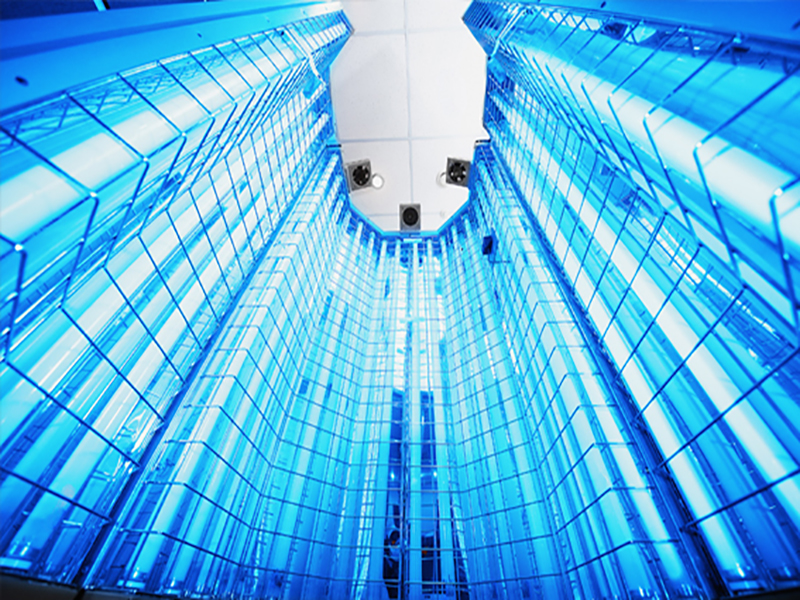UV Phototherapy

UV Phototherapy/UV Light Therapy
UV phototherapy, also known as ultraviolet light therapy, is a medical treatment that uses ultraviolet light to treat various skin conditions. This therapy is commonly used to treat skin disorders such as psoriasis, eczema, vitiligo, and some types of skin cancer.
UV phototherapy works by exposing the affected area of the skin to ultraviolet light. The light penetrates the skin and slows down the growth of skin cells that are causing the skin condition. The therapy can be administered in a few different ways, including through full-body light boxes, hand-held devices, or localized spot treatments.
One of the most common skin conditions treated with UV phototherapy is psoriasis, a chronic autoimmune condition that causes the skin to become thick, red, and scaly. UV phototherapy is often used to treat psoriasis because it can effectively reduce inflammation and slow down the overgrowth of skin cells that cause psoriasis symptoms. Treatment typically involves exposing the affected area of the skin to UVB light for a few minutes each session, several times a week.
UV phototherapy can also be used to treat eczema, a common skin condition that causes itching, inflammation, and redness. The therapy can reduce the severity and frequency of eczema flare-ups by calming the skin and reducing inflammation. It can also improve the overall texture and appearance of the skin.
Another condition that can be treated with UV phototherapy is vitiligo, a disorder that causes patches of skin to lose their pigment. The therapy can stimulate the production of melanin, the pigment that gives skin its color, and help to even out the skin tone. Vitiligo treatment typically involves exposing the affected area of the skin to UVA/UVB light for several minutes each session, several times a week.
While UV phototherapy is generally safe and effective, it does come with some potential side effects. These can include sunburn, itching, dry skin, and a higher risk of skin cancer with long-term use. Patients who undergo UV phototherapy should take precautions to protect their skin from the sun and limit their exposure to UV light outside of treatment sessions.
In conclusion, UV phototherapy is a valuable treatment option for many skin conditions, especially those that are difficult to treat with other methods. If you are struggling with a skin condition and want to explore your treatment options, talk to your doctor about whether UV phototherapy may be right for you. With proper precautions and monitoring, this therapy can help improve the health and appearance of your skin.
